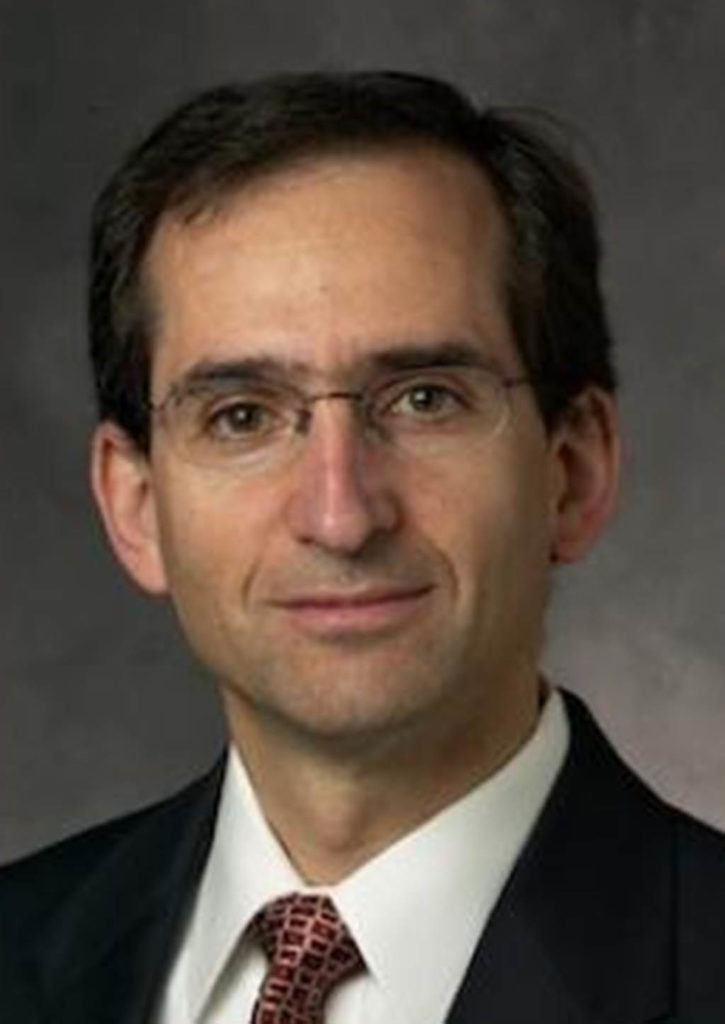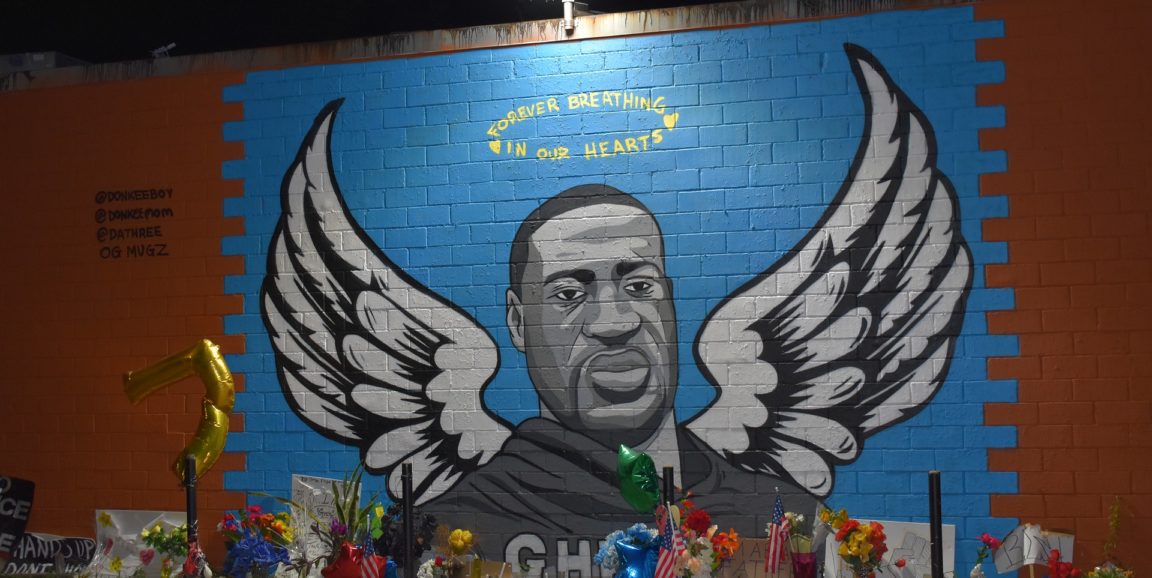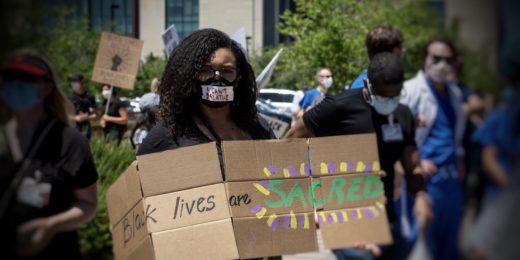As a Jewish man and a Mexican immigrant, Uri Ladabaum, MD, professor of gastroenterology and hepatology, knows what it feels like to be an outsider. Yet, he notes in an essay published in the Annals of Internal Medicine, he has never faced the violence Black Americans do because of their race.
"I tell myself that I, too, might be discriminated against in some parts of America because I look 'Semitic' or 'Mediterranean or something' and not Anglo-Saxon," he writes. "Yet, I can jog in my neighborhood without fear. I am not scared that I might die when a police officer pulls me over. I do not face racism in my daily life."
The police killing of George Floyd in Minneapolis on May 25 moved Ladabaum to write the essay. "I ached and raged about the death of George Floyd, about the disgusting repetition of the same stories, about what is happening to our country," he writes. May 25 also happens to be the physician's birthday.
Ladabaum notes that physicians are expected to treat all patients with respect and provide the best care, but doing so isn't enough to fight racism. He writes:
We must ensure diversity and equal opportunity among our faculties, trainees, and students. We must identify and eliminate any impact of implicit bias. We must become role models like never before.
The patient who says that he is 'not comfortable' with our Black resident taking care of him needs to be confronted head-on. The small steps count as much as the big climbs.

He mentions that his wife, an obstetrician, was asked by a Black patient what she could do to ensure her care wouldn't be compromised because of her race. Calling disparities in Black and white maternal mortality "shameful," he writes, "That shook us."
Encouraged by his recent-college-graduate daughter to do something about racism, Ladabaum took what he calls a small first step toward addressing racial inequities: joining his first-ever demonstration, Stanford Medicine's Rally for Racial Justice.
"After May 25, it is clearer than ever that the 'normal' we yearn for must be radically different from the 'normal' that so many of us accepted for far too long," he writes.
"Nothing we do will allow George Floyd, Eric Garner, or countless others who have died unjustly in hospital gurneys or sidewalks to take another breath. But I fervently hope that this time, finally, there is something different building across our nation."
Photo of a mural in Houston by F. Muhammed






